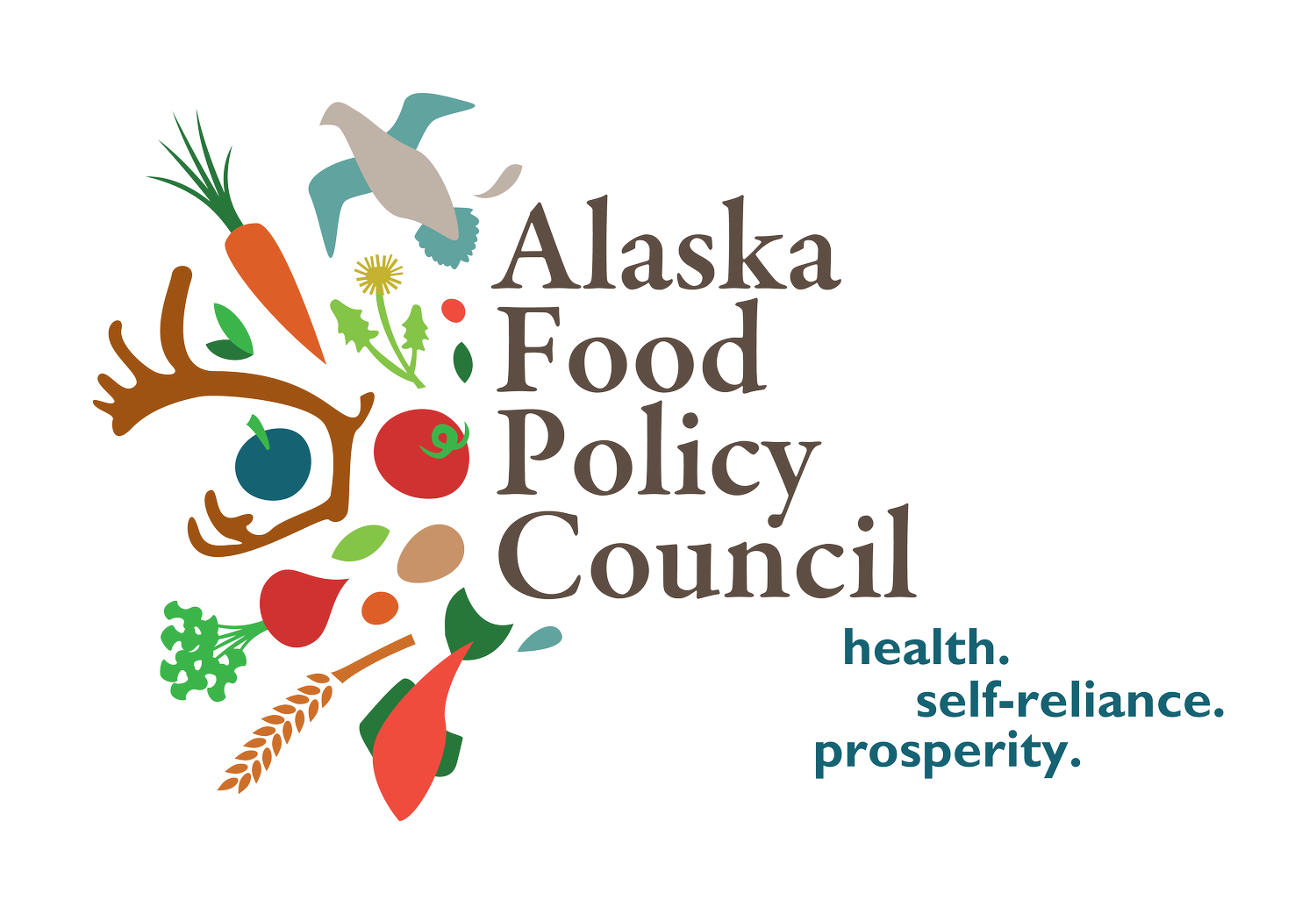National Honey Bee Day is celebrated on the third Saturday of August. This year the holiday falls on Saturday, August 17th!
Guest blog from beekeeper Lisa Hay of Happy Creek Farm in Goldstream Valley, Fairbanks
“I became interested many years ago after reading Sue Hubble's book A Book of Bees, a nonfiction narrative about her life and beekeeping. However, I didn't get my first colony until 2016 and have been beekeeping ever since.
I find them absolutely fascinating. There's always more to learn about them. They are very complex, social, and organized insects that are highly beneficial to humans and the environment.
I love spending time in my apiary, watching them, listening to them, and working with them in the ways that most benefit them. I enjoy teaching other people about bees because there are so many incorrect myths about them. They are not wasps, and wasps are not bees. Honeybees are not aggressive and are vegetarians who would rather spend their time foraging for nectar and pollen and caring for their colony. In contrast, wasps are aggressive and carnivorous and attack at first glance, it seems. Although both are pollinators.
The bees that I keep pollinate the area's wildflowers, our peonies, Haskap Berries, organic vegetables, and everything else within a 2-mile radius. This results in increased crops and biodiversity in the area.
I overwinter my honeybees and have been very active in spreading the message that honeybees can and should be overwintered in Alaska by those who choose to keep bees. I teach a class on it and moderate some forums on Facebook to help educate people on how to do this and how to increase honeybee health in the area to mitigate the spread of diseases and viruses primarily brought in by the viral might that attaches itself to honeybees and ultimately will cause the death of the colony. Honeybees are considered livestock now and are a valuable piece in the puzzle of sustainably producing agriculture in our state.
We have approximately 300 - 400 beekeepers in the Interior of Alaska. They range in experience and age. As the Alaska climate continues to change and we produce more agriculture in the interior, honeybees will continue to be very beneficial to area farmers for pollination purposes.
“ We need the bees up here.
They will help us overcome some of our food insecurity issues.”
A Subarctic Beekeeper: Transferring a Double Nuc into One Deep Box:
https://www.youtube.com/watch?v=wKb9HnfU8-M
About Lisa Hay and Happy Creek Farm:
Podcast: A Subarctic Beekeeper
Facebook Forums: Interior and Northern Alaska Beekeepers, Alaskan and Subarctic Beekeepers, Alaska Beekeeping Network
Social Media: IG/Twitter: Happy Creek Farm
Happy Creek Farm in Goldstream Valley, Fairbanks, Alaska. Overwintering honey bees, growing peonies, growing haskap berries and vegetables. Making birch syrup. Selling at Tanana Valley Farmer's Market. Woman owned and woman operated. Researching keeping bees over winter in sub arctic environment.







